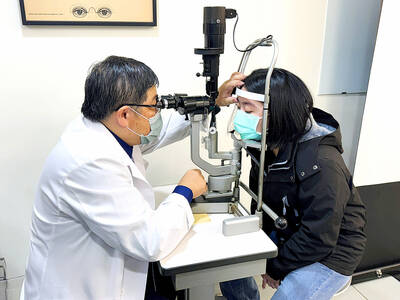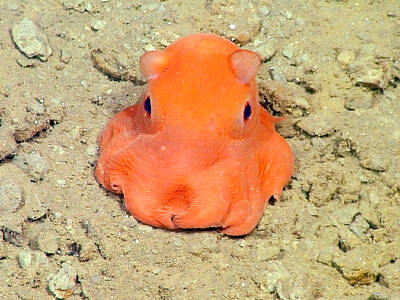A: Hello, I’d like to book a table for two please. For 7 o’clock, if possible.
B: Certainly, sir. Let me see if I can fit you in. I’m afraid we’re fully booked at that time, but we do have a space at 8pm.
A: No problem, 8pm will be fine.

照片:維基共享資源 Photo: Wikimedia Commons
B: Thank you. I‘ve reserved you a table for two for 8pm. Just to let you know, we operate a “bring your own” policy for wine, and corkage is NT$50 per bottle.
A: OK. See you later on.
A: 你好,我想要訂位,兩個人,方便的話晚上七點。
B: 好的,先生。讓我看看能不能幫您安排座位。不好意思,我們那段時間的訂位滿了,不過晚上八點還有空位。
A: 沒問題,晚上八點可以。
B: 謝謝您。我幫您預約晚上八點,兩個人的座位。另外,提醒您本餐廳關於「自行帶酒」的規定,每瓶酒酌收新台幣五十元開瓶費。
A: 好的。我們晚點見。
(Edward Jones, Taipei Times/台北時報章厚明譯)
English 英文:
Chinese 中文:

Bilingual Story is a fictionalized account. 雙語故事部分內容純屬虛構。 I stand by the Miluo River as dusk falls. The court betrayal is too much. I served Chu with loyalty. I forged alliances and fought corruption. But the whispers of jealous courtiers, the murmurs of treason, spoke louder. The king cast me out. The water looks calm. It promises peace. I step in. The river is cold against my legs. I hear shouts behind me — fishermen calling my name. I keep walking. The calls grow louder, but I do not turn around. The water rises to my chest. It pulls at me. I

In Taiwan, people can use a platform to rent a power washer for a weekend or share unused garage space for someone’s storage needs. These are examples of the sharing economy, a consumption model that has gained widespread adoption worldwide. This approach allows people to rent or share assets like cars, homes or even services, typically through online platforms. This innovative model poses a simple yet powerful question: why purchase infrequently used items when sharing is more practical? By making useful but idle resources accessible, the sharing economy turns them into sustainable opportunities. Internationally, platforms like Airbnb and Uber have popularized

A: Recently, I’ve been seeing mosquitoes flying around in front of my eyes. The doctor said it’s the “flying-mosquito disease.” B: Flying mosquitoes? What a strange name. A: They’re actually called “floaters” in English, meaning floating debris. When fibrous substances in the vitreous body inside the eyeballs increase, floaters can appear in the visual field. B: Oh my goodness. Can you get rid of them? A: According to ophthalmologist Horng Chi-ting’s research, taking the enzymes of certain fruits is likely to help reduce floaters. A: 我最近一直覺得眼前有蚊子飛來飛去,結果醫生說是「飛蚊症」。 B: 飛蚊症?好奇怪的病名。 A: 英文名稱叫「floaters」, 也就是漂浮物的意思。 因為眼球的玻璃體中纖維化物質增多,導致視野出現漂浮物。 B: 天啊!要怎麼把蚊子趕走? A:

Continued from yesterday(延續自昨日) https://www.taipeitimes.com/News/lang Many people may be familiar with flapjack octopuses thanks to Pearl, a charming character from the Pixar film Finding Nemo. However, her portrayal presents several scientific inaccuracies. In reality, flapjack octopuses are deep-sea creatures, which are unsuitable for the brightly lit shallow reef environment depicted in the film. Their primary defense mechanism relies on their reddish coloration, which would be ineffective in the well-lit shallows. Pearl’s famous line, “You guys made me ink,” is another fictional detail that is not consistent with the observed actions of real flapjack octopuses. As common as it is in many other octopus